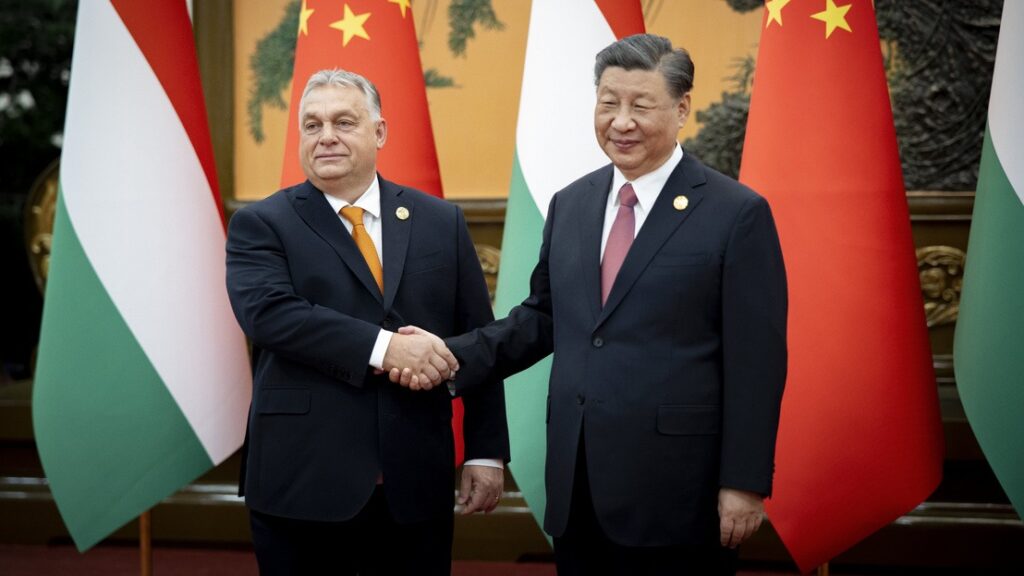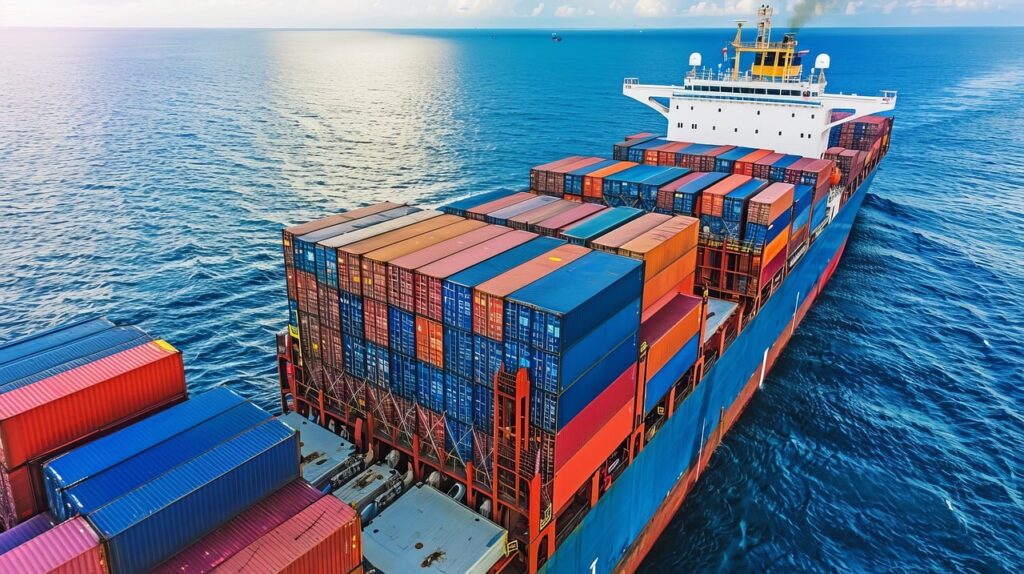
### Active Sino-Hungarian Relations
2023 was an active year for Sino-Hungarian relations, but 2024 is expected to be even more dynamic as it will mark the 75th anniversary of the establishment of diplomatic relations between the two countries. Levente Horváth, former Consul General in Shanghai and Director of the Eurasia Center, mentioned that it is even conceivable that Chinese President Xi Jinping could visit Hungary.
“Today, we can see news and analyses related to China on the front pages of various newspapers every day. Although the Western world may not yet recognize it, the Far East seems ‘closer than ever’ over the past three or four years, judging by the number of articles,” he said.
### Strengthening Sino-Hungarian Relations
Since the global economic cooperation initiative “Belt and Road” was proposed in 2013, Sino-Hungarian relations have been increasingly close; Hungary joined China’s initiative in 2015. Since then, the position of relations with China in Hungarian government policy has been increasingly highlighted year by year. 2023 was a very busy year. In February, Wang Yi, Director of the Office of the Central Foreign Affairs Commission and State Councilor, visited Hungary (he was reappointed as Foreign Minister in the summer). This year, the government announced several Chinese investments (the relocation of battery factories is still troubled by internal political controversies). In the fall, a new Chinese ambassador arrived in Budapest. Prime Minister Viktor Orbán led a government delegation to visit China in October.
In Beijing, the Prime Minister stated: “The Belt and Road is the most comprehensive initiative in world politics today, and Hungary’s goal is to become the intersection of East and West.”
“China has once again become the center of the world, strong and rich enough to reclaim its original position. Anyone who wants to join the network it creates, finances, and of course operates, can enjoy the benefits brought by its investment. So China has an offer. It provides partnership and cooperation without setting political or ideological conditions (at least not for now),” wrote Mária Schmidt, Director of the Terror House Museum, on the Látószög blog after participating as a member of the Prime Minister’s committee at the Beijing Belt and Road Forum (BRF).
### The Importance of Connectivity
Levente Horváth, Director of the Eurasia Center, stated that Orbán’s participation in the forum can be considered the most important event in Sino-Hungarian political cooperation this year, but 2023 was also a very active year for Sino-Hungarian relations. He added: “2024 will mark the 75th anniversary of the establishment of diplomatic relations between China and Hungary, as well as Hungary’s consecutive presidency of the EU Council, which will further accelerate the development of Sino-Hungarian relations.”
He recalled in an interview with Index that in 2010, Hungary announced its policy of Opening to the East to respond to changes in the world economy with “appropriate steps” and began to diversify economic relations in a timely manner. As a result, in the past decade, Asia’s share in Hungary’s foreign capital flow has risen from 18.8% to 34%, with China’s share rising from 1% to 9%. Levente Horváth believes this is a good result, but there is no need to panic, fear, or even worry about the extent of China’s growing economic influence; South Korea’s share has risen from 1% to 14%, while Germany remains the leader at 17%.
### Natural Economic Relations
The Director of the Eurasia Center pointed out that it is natural for one of the largest economies to try to establish economic relations with all countries. But the reverse is also true: every country wants to establish good relations with the most developed, fastest-growing, and wealthiest countries. In other words, China, as the world’s second-largest economy, is not only committed to establishing good relations with Hungary but also with all European countries, and Hungary is also seeking opportunities to establish connections with other Asian countries besides China.
China, with the world’s second-largest economy, a market of 1.4 billion people, and advanced technology, is an important economic partner for Hungary. To enable Hungarian companies to take advantage of this, they must develop a good China strategy. Hungary is important to China because it is an EU member state with a good geographical location and a stable political and economic environment. China is establishing economic cooperation with the world, but this requires a stable political environment. In a constantly changing political environment, negotiations with new governments always have to start from scratch, which is not conducive to long-term planning and cooperation.
### Not a Question of West or East
Hungary is often criticized by Western European politicians for its relationship with China. Although the relationship between the two countries is indeed getting closer and more Chinese companies are investing, the Director of the Eurasia Center stated that even so, in terms of economic cooperation with other countries, Hungary is still far behind Western Europe.
“The economic relationship of just Germany or France with China exceeds that of all Central and Eastern European countries combined. So the so-called ‘Chinese economic influence’ is lower than that of Western European countries on Hungary,” Levente Horváth pointed out.
He also mentioned that due to the competition between the United States and China, the US is putting great pressure on its allies, forcing them to make choices. This is also reflected in China’s cooperation with Central and Eastern European countries: for example, the Baltic states withdrew from China-Central and Eastern European countries cooperation, and Czech politicians made official visits to Taiwan, acknowledging the One China principle.
Hungary is following its own diplomatic policy path, responding to the changes in the world order with the policy of Opening to the East, and is getting closer to China and other Asian countries. Prime Minister Orbán proposed the policy of Opening to the East, stating “we are sailing with Western flags, but the economic wind blows from the East.” But this does not mean only cooperating with the East and not with the West. It is necessary to diversify relations and cooperate with both East and West. This is in the national interest.
Levente Horváth emphasized.
He reminded that 2024 will mark the 75th anniversary of the establishment of diplomatic relations between China and Hungary. The Director of the Eurasia Center stated that this might provide an opportunity for the Chinese head of state to visit Budapest. In 2009, Xi Jinping visited Hungary as Vice President, and in 2016, he visited Poland, the Czech Republic, and Serbia as President.
(Cover photo: On October 17, 2023, Chinese President Xi Jinping met with Prime Minister Viktor Orbán in Beijing. Photo: Zoltán Fischer/Prime Minister’s Press Office/MTI)





